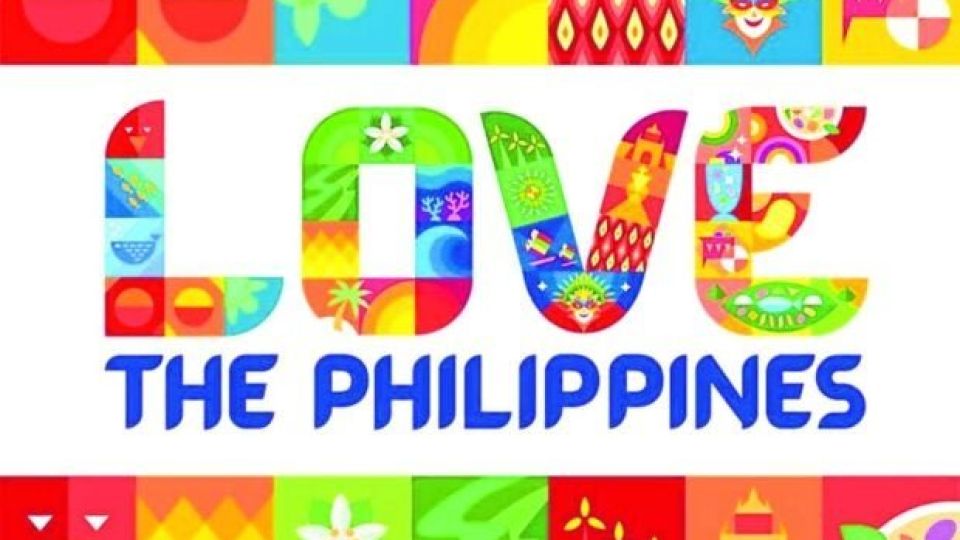July 4, 2023
MANILA — The Department of Tourism (DOT) on Monday announced that it has terminated its contract with DDB Philippines, the department’s partner advertising firm that used stock footage shot from other countries in a tourism promotional video for the Philippines.
This developed after the DOT’s first “Love the Philippines” tourism promotion video received flak from locals who pointed out that it contained clips from Thailand, Indonesia, and United Arab Emirates.
DDB Philippines, the company behind the creation of video, apologized on Sunday following the controversy.
“As DDB Philippines has publicly apologized, taken full responsibility, and admitted in no uncertain terms, that non-original materials were used in their AVP (audio visual presentation), reflecting an abject failure to comply with their obligation/s under the contract and a direct contravention with the DOT’s objectives for the enhanced tourism branding, the DOT hereby exercises its right to proceed with termination proceedings against its contract with DDB,” the DOT said in a statement.
According to the DOT, it has not paid the DDB for the promotion video, adding that it “will exercise its right to forfeit performance security as a result of default in obligations under the contract and review standards of performance (or lack thereof) vis-a-vis any claims for payment or any other engagement.”
“Further, the DOT reserves the right to take all other action against acts deemed inimical to the interest of Philippine tourism,” said DOT.
While the agency had not explicitly stated whether it would reassess the new tourism slogan — which had also received backlash from the public prior to the stock footage controversy — the DOT assured the public that it would remain “fully committed to developing and promoting the Philippines as a powerhouse of natural wonders, culture and heritage, and a fount of warmth and hospitality.”
It can be recalled that the DDB Philippines in its apology also claimed that the video uploaded and went viral on social media was merely a “mood video” meant “to excite internal stakeholders.”


